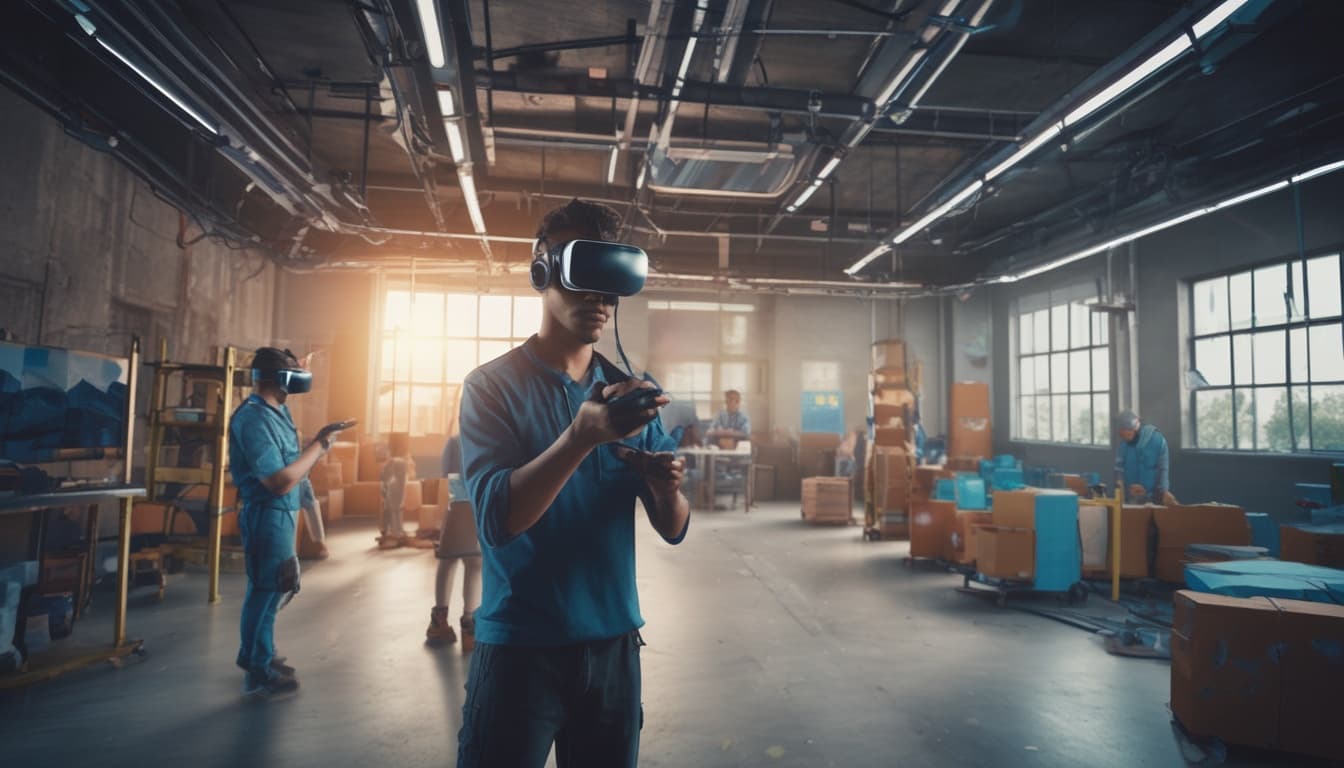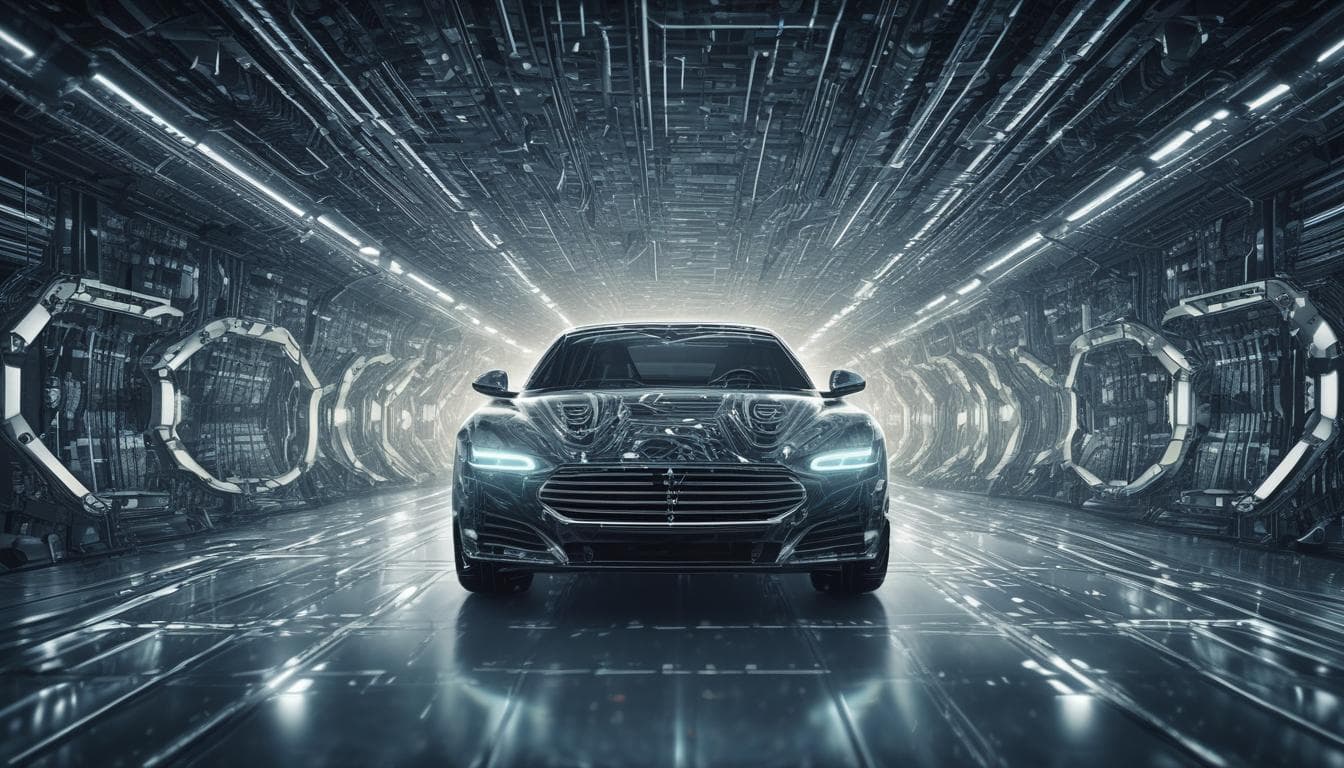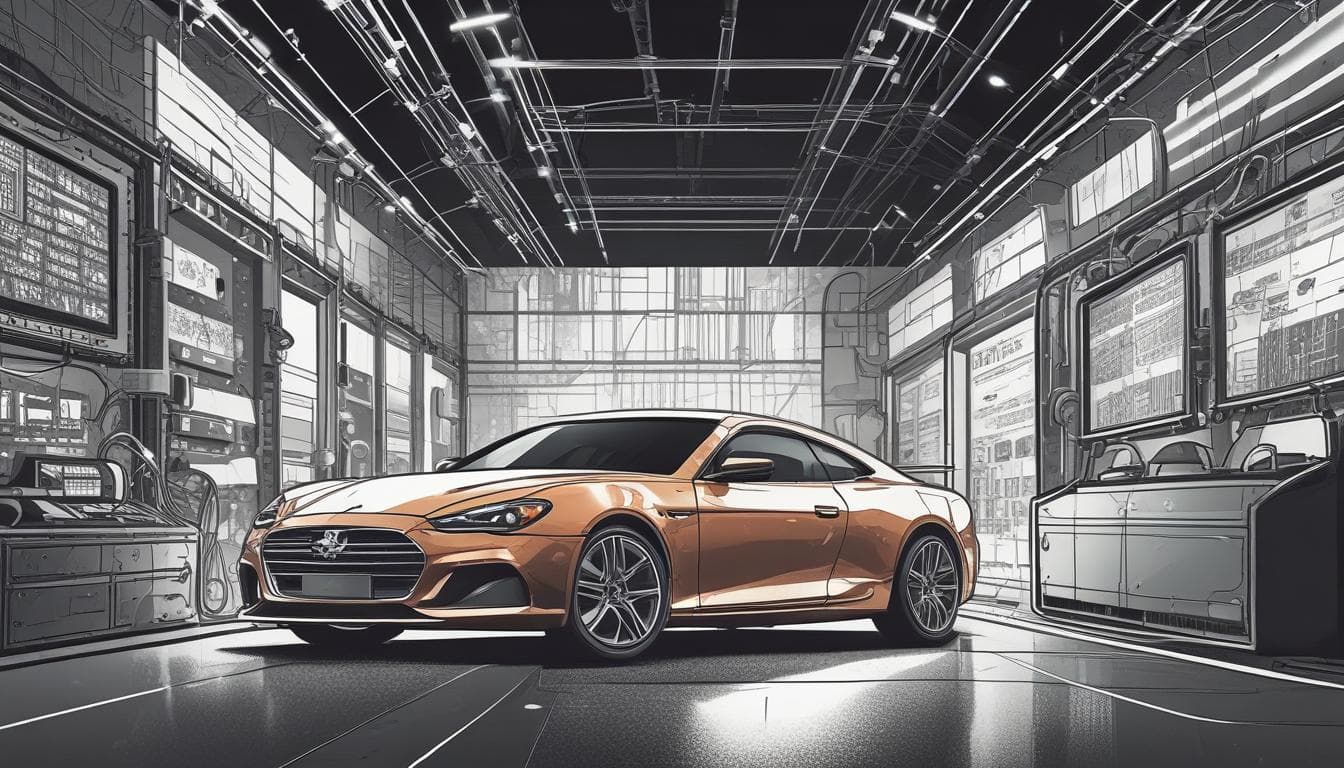Imagine vehicles capable of generating personalized 'smell-scapes'. Beyond air fresheners, how could curated scents enhance driving – replicating a coastal drive's salty air, introducing calming aromas during traffic, or even providing subtle alerts? What are the most intriguing potential applications, the technical hurdles, and the ethical considerations surrounding olfactory technology integrated deeply into our automotive future?
This is a fascinating concept! Moving beyond simple air fresheners to curated 'smell-scapes' opens up a whole new dimension for the in-cabin experience.
Potential Applications:
- Immersion: Imagine your navigation system syncing with scent emitters to replicate the smell of pine forests as you drive through them, or the salty air of a coastal route. Total sensory immersion!
- Wellbeing & Mood: Calming lavender or chamomile during stressful traffic jams, or invigorating citrus scents to combat fatigue on long journeys. This ties directly into the broader trend of crafting truly personalized driving experiences using AI and data.
- Subtle Alerts: Instead of just beeps, perhaps a faint, specific 'electrical' smell could warn of a system fault, or a unique scent could indicate an upcoming hazard identified by advanced driver-assistance systems. This could integrate with advanced in-cabin sensing systems that monitor driver state and vehicle surroundings.
- Memory & Nostalgia: Linking scents to specific locations visited or even personal memories associated with certain smells. Perhaps triggered by user profiles identified via emerging biometric systems in vehicles.
Technical Hurdles:
Creating such a system isn't trivial. We'd need:
- Highly sophisticated, miniaturized scent synthesizers/emitters.
- A way to quickly introduce and, crucially, remove scents without them lingering or mixing unpleasantly.
- A vast digital library of scents and a practical refill/cartridge system.
- Seamless integration with vehicle sensors, navigation, and user profiles.
Ethical Considerations:
- Sensory Overload/Intrusion: Not everyone wants their car smelling like a pine forest or receiving olfactory alerts. Opt-in/out and granular control would be essential.
- Health Concerns: Allergies and sensitivities to artificial fragrances are common. Materials and scents would need rigorous testing.
- Privacy: Who controls the data about your scent preferences or the moods potentially inferred to trigger certain aromas?
- Manipulation: Could scents be used subtly to influence driver mood for commercial purposes or mask unpleasant (but necessary) warning smells?
Overall, while the challenges are significant, the potential to enhance the driving experience through smell is incredibly intriguing. It represents another frontier in making vehicles more responsive and attuned to their occupants. What scent would you want your car to generate first?
Bu Konu Hakkında Daha Fazla Keşfedin
Sohbete Katılın
- Yapay Zekâ, Türkiye'nin Zorlu Yollarında Sürüş Güvenliğini Nasıl Artırabilir?
Türkiye'nin zorlu coğrafi koşullarına uygun yapay zekâ destekli araç teknolojileri ve bunların Türk otomotiv kültürüne etkisi tartışılıyor. Zorlu hava koşulları ve engebeli arazilerde sürüş güvenliğini artıracak yapay zekâ özellikleri üzerine beyin fırtınası yapın ve Türk sürücülerinin deneyimini nasıl değiştirebileceğini keşfedin.
- Akıllı Araçlar ve Şehirler: Ütopya mı Kaos mu?
Araçlarımızın şehir altyapısıyla etkileşim kurabildiği bir geleceği düşleyin. Trafik, park ve hatta hava durumu kontrolü araçlarımız tarafından yapılsa şehir hayatımız nasıl değişirdi? Bu teknolojinin potansiyel faydaları ve dezavantajları nelerdir? Tartışmaya katılın!
- Akıllı Araçlar ve Şehirler: Ütopik Gelecek mi, Kaos mu?
Araçlarımızın şehir altyapısıyla iletişim kurabildiği bir geleceği hayal edin. Trafik, park yeri ve hatta hava durumu kontrolü araçlarımız tarafından yapılsa şehir yaşamı nasıl değişirdi? Bu teknolojinin potansiyel fayda ve dezavantajlarını, ütopik bir gelecek mi yoksa kaos mu getireceğini tartışıyoruz.





